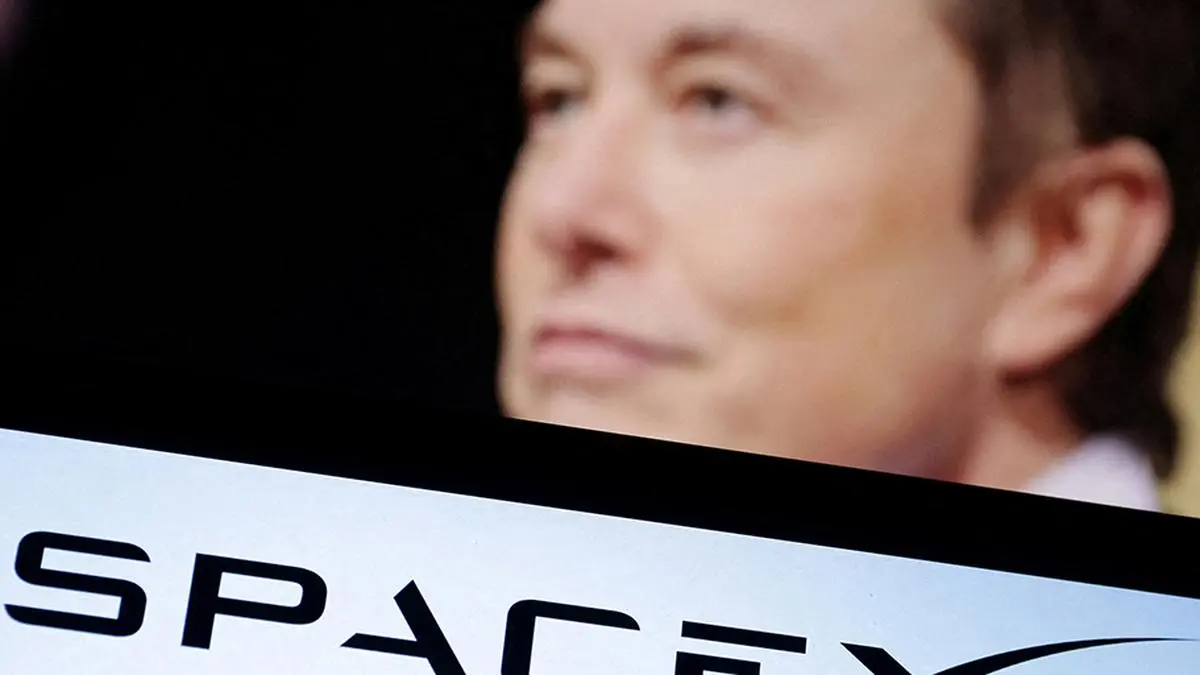Science
NASA Considers New Competition for Moon Mission Amid SpaceX Delays

NASA is reevaluating its lunar landing contract with SpaceX due to ongoing delays with the company’s Starship spacecraft. Acting NASA Administrator Sean Duffy announced plans to open up the contract to encourage competition among companies aimed at returning astronauts to the Moon. This statement, made during an interview on Fox News, reflects growing concerns within the U.S. government about maintaining a competitive edge over China in space exploration.
Duffy emphasized the urgency of the situation, stating, “We’re going to have a space race in regard to American companies competing to see who can actually get us back to the moon first.” His remarks point to a shift in strategy as NASA seeks to ensure that the United States does not lag behind in its goal of lunar exploration, which has not occurred in over fifty years.
NASA has previously awarded SpaceX contracts totaling approximately $4 billion to develop its Starship vehicle as a lunar lander, with aspirations of launching astronauts to the Moon as soon as 2027. Despite recognizing SpaceX’s potential, Duffy noted the company is currently behind schedule, stating, “The problem is they’re behind. They’ve pushed their timelines out, and we’re in a race against China.”
While Duffy did not specify the implications of “opening up” SpaceX’s contract, questions arise about whether this entails a new bidding process or potential adjustments to the funding model. A representative from NASA did not provide additional commentary beyond Duffy’s statements, and a spokesperson for SpaceX did not respond to requests for clarification.
In 2021, SpaceX secured the lunar lander contract over two competitors. Subsequently, in 2023, NASA also awarded a separate contract to Jeff Bezos Blue Origin, valued at $3.4 billion, to develop another lunar lander. SpaceX has made progress with the Starship, staging a largely successful test earlier this month. However, significant challenges remain, particularly the need to master new technologies such as in-orbit refueling and conducting multiple launches in succession.
Duffy expressed that expanding the competition would expedite U.S. lunar return efforts, anticipating that Blue Origin would participate in this new competitive landscape. NASA’s plans include launching astronauts around the Moon as early as next year as part of the Artemis II mission. Despite the current timeline for the lunar landing set for 2027, there is skepticism surrounding SpaceX’s readiness to meet this deadline.
The potential for increased competition may invigorate the U.S. lunar program, fostering innovation and efficiency as the nation strives to reclaim its leadership in space exploration. As the situation develops, the focus remains on ensuring that the U.S. achieves its lunar ambitions in a timely manner while addressing the challenges posed by delays and technological hurdles.
-

 World5 months ago
World5 months agoSBI Announces QIP Floor Price at ₹811.05 Per Share
-

 Lifestyle5 months ago
Lifestyle5 months agoCept Unveils ₹3.1 Crore Urban Mobility Plan for Sustainable Growth
-

 Science4 months ago
Science4 months agoNew Blood Group Discovered in South Indian Woman at Rotary Centre
-

 World5 months ago
World5 months agoTorrential Rains Cause Flash Flooding in New York and New Jersey
-

 Top Stories5 months ago
Top Stories5 months agoKonkani Cultural Organisation to Host Pearl Jubilee in Abu Dhabi
-

 Sports4 months ago
Sports4 months agoBroad Advocates for Bowling Change Ahead of Final Test Against India
-

 Science5 months ago
Science5 months agoNothing Headphone 1 Review: A Bold Contender in Audio Design
-

 Top Stories5 months ago
Top Stories5 months agoAir India Crash Investigation Highlights Boeing Fuel Switch Concerns
-

 Business5 months ago
Business5 months agoIndian Stock Market Rebounds: Sensex and Nifty Rise After Four-Day Decline
-

 Sports4 months ago
Sports4 months agoCristian Totti Retires at 19: Pressure of Fame Takes Toll
-

 Politics5 months ago
Politics5 months agoAbandoned Doberman Finds New Home After Journey to Prague
-

 Top Stories5 months ago
Top Stories5 months agoPatna Bank Manager Abhishek Varun Found Dead in Well









